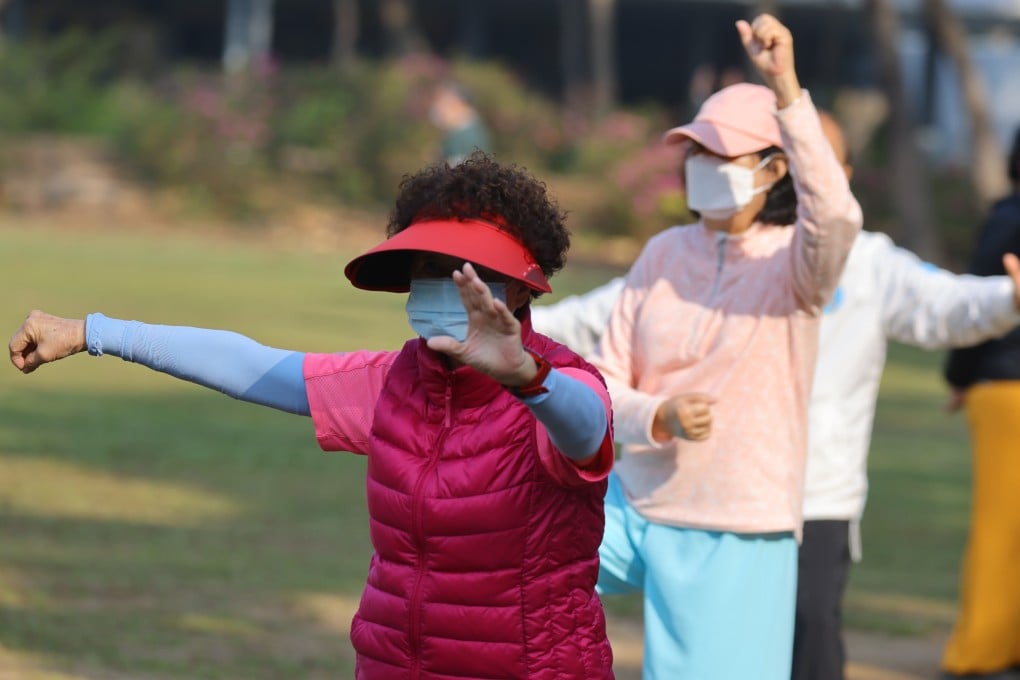Advertisement
Letters | Allowing Hongkongers to access physiotherapy without a doctor’s referral would boost public health
- Readers discuss rules for physiotherapists in Hong Kong, the government response to the latest wave of Covid-19 infections, and the death of former Soviet leader Mikhail Gorbachev
Reading Time:3 minutes
Why you can trust SCMP
1

Feel strongly about these letters, or any other aspects of the news? Share your views by emailing us your Letter to the Editor at [email protected] or filling in this Google form. Submissions should not exceed 400 words, and must include your full name and address, plus a phone number for verification.
I refer to the debate in Hong Kong on whether physiotherapists should be allowed to see patients without a referral letter from a doctor.
I agree with the Hong Kong Physiotherapy Association that direct access should be given. Physiotherapists are trained in clinical reasoning and differential diagnosis skills, and thus have the ability to make decisions in a primary health setting.
Advertisement
Meanwhile, our primary health sector also needs strengthening. Patients have complained of long waiting times to see doctors, a problem made more acute by the Covid-19 pandemic. Letting physiotherapists take on a bigger role would no doubt help ease the manpower crunch.
Hong Kong has well-trained physiotherapists who are great assets in the healthcare sector, and we need more of them. The government has estimated that by 2030, Hong Kong will face a shortage of 900 physiotherapists.
Advertisement
Not only should Hong Kong allow physiotherapists to play a bigger role in providing healthcare, but it should also encourage more young people to study and train in this discipline so as to plug the shortfall.
Advertisement
Select Voice
Choose your listening speed
Get through articles 2x faster
1.25x
250 WPM
Slow
Average
Fast
1.25x